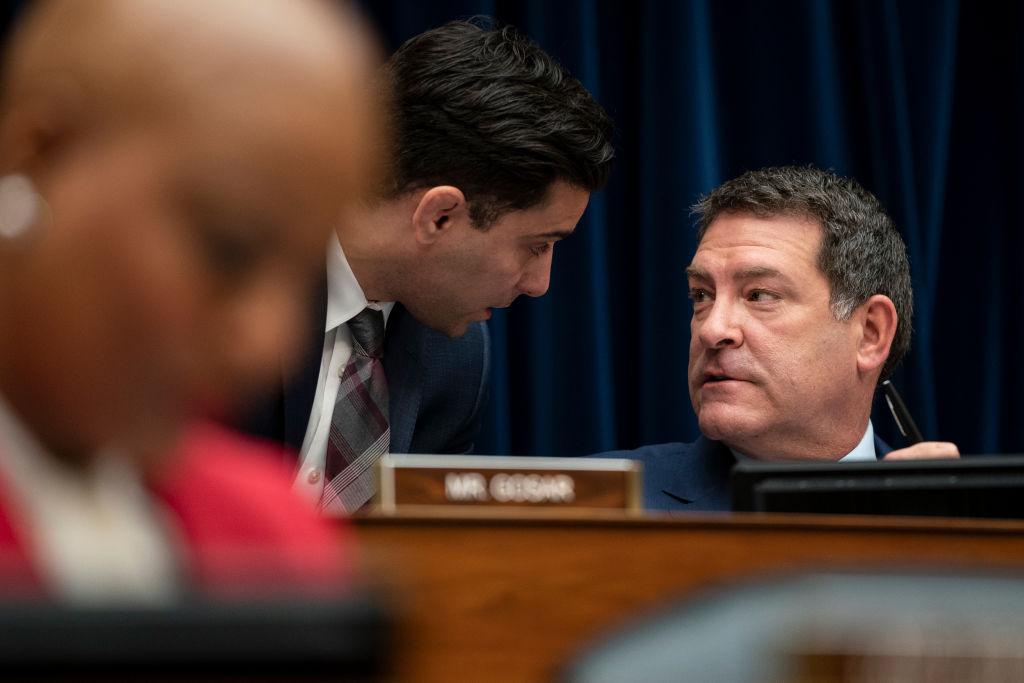Something unusual will happen in the nation’s capital on Oct. 21, when the House Select Committee on the Modernization of Congress convenes a hearing on how much Congress should spend on itself.
Lawmakers talking about the legislative branch appropriation, which also includes compensation for the thousands of congressional aides they employ, isn’t unusual. What will be unusual about the hearing, though, is the bipartisan support that will be expressed for increasing congressional staff pay, something that hasn’t happened in more than a decade.





